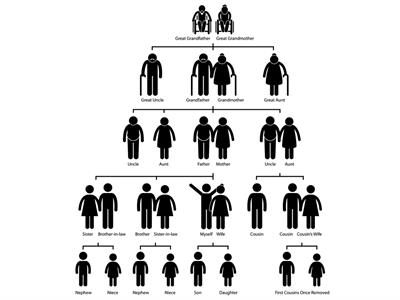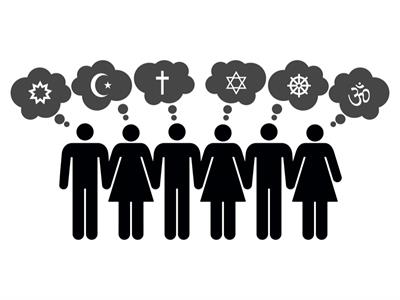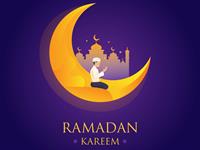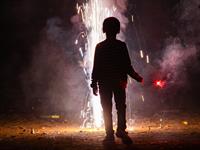PDF chapter test TRY NOW
Social Diversity:
Interdependence and Co-existence:
A community is a place where people live together with a common interest or heritage. Our community comprises peasants, labourers, artisans, parents, teachers, students and many others. For a comfortable livelihood, communities depend on each other.
Family and Society:
The fundamental unit of society is families. Families can be classified as joint families and nuclear families.

Family tree
Important!
Families form Neighbourhood - Hundreds of neighbourhood form a Village - Thousands of villages form a City.
Religious Diversity:
India is a secular nation where all religions are treated equally, so freedom of religion is our fundamental right. India is the birthplace of many religions like Hinduism, Islam, Christianity, Sikhism, Buddhism, Jainism and Zoroastrianism.
Religious diversity in India.
India is a land of festivals, where people from different religions engage in many colourful celebrations in distinct parts of the country. The wide variety of festivals celebrated in India is a true sign of its rich culture and tradition.


Festivals like Pongal, Deepavali, Holi, Vijayadhasami, Ayudha Puja, Navaratri, Durga Puja, Dussehra, Ganesh Chaturthi, Bihu, Kumbamela, Onam, Miladi Nabi, Ramzan, Christmas, Buddha Poornima, Mahavir Jayanthi, Guru Nanak Jayanthi and Rakshabandhan are some of the festivals that denote the cultural diversity of India.

